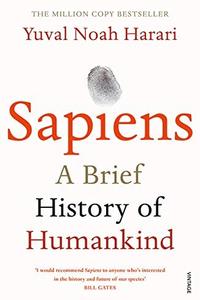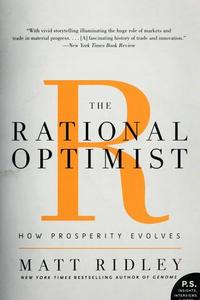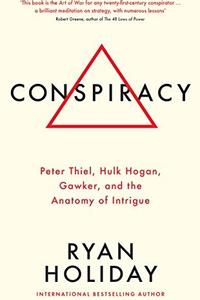
Super Pumped: The Battle for Uber by Mike Isaac: Summary & Notes
by Mike Isaac
In One Sentence
The inside story of Uber's rise and Travis Kalanick's fall—a cautionary tale about toxic culture, growth at all costs, and what happens when "hustle" goes too far.
Key Takeaways
- Growth at all costs has real costs
- Culture starts at the top
- Toxic leadership eventually catches up
- Investors can enable or check bad behavior
- Disruption doesn't excuse ethics violations
- The board and culture must hold founders accountable
Summary
A great story and tale of caution about how to run a company. It reads more like a journalist's account, rather than a non-fiction book with lessons.
On one hand, do you want to be the kind of founder who is paranoid, parties hard, and walks the line, often going over?But on the other, would Uber be the giant company it is today without the arrogance and ambition of it's founder?
Who Should Read This Book
- Startup founders and employees
- Business history enthusiasts
- Anyone interested in corporate governance
- Tech industry observers
FAQ
What happened at Uber?
Under Travis Kalanick, Uber grew explosively while fostering a toxic culture of harassment, regulatory evasion, and ethical violations. After scandals surfaced in 2017, the board forced Kalanick out. The book chronicles the chaos.
📖 Chapter-by-Chapter Breakdown
Click to expand the full detailed notes for every chapter →
📖 Chapter-by-Chapter Breakdown
Click to expand the full detailed notes for every chapter →
Notes
- At the end of the week, Uber’s finance team added it all up. The entire “X to the x” celebration cost Uber more than $25 million in cash—more than twice the amount of Uber’s Series A round of venture capital funding.
- Behind the scenes, Uber was hardly innocent. Recruiting ex-CIA, NSA, and FBI employees, the company had amassed a high-functioning corporate espionage force. Uber security personnel spied on government officials, looked deep into their digital lives, and at times followed them to their houses.
- Throughout his career Gurley had been enamored with what he called “marketplaces,” a category of business that neither made new products nor sold others, but merely matched the desires of one side of a market with the products of the other side, and took a cut as the middleman.
- Even during recruiting, prospective employees were treated poorly. The company had designed an algorithm that determined the lowest possible salary a candidate might accept before making an offer to them, a ruthlessly efficient technique that saved Uber millions of dollars in equity grants.
- The hardest part of a VC’s job isn’t even necessarily about finding the right company, the right idea, or even the right industry to park their next investment. It is about finding the right person to run the company: the founder.
- “Super pumpedness is all about moving the team forward, working long hours—pretty much a do-whatever-it-takes attitude to move the company in the right direction,”
- What England didn’t know was that Uber’s general managers, engineers, and security professionals had developed a sophisticated system, perfected over months, designed to help every city strike team—including the one in Portland—identify would-be regulators, surveil them, and secretly prohibit them from ordering and catching Ubers by deploying a line of code in the app. The effect: Uber’s drivers would evade capture as they carried out their duties. Officers like England could not “see” the shady activity, and could never prove it was happening.
- But as one Uber employee competing with Lyft at the time said, “The law isn’t what is written. It’s what is enforced.”
- “There are forces all around you when you run a company, ready to take you out,” Kalanick said. “The [CEOs] that survive are the ones that are supposed to be there.”




